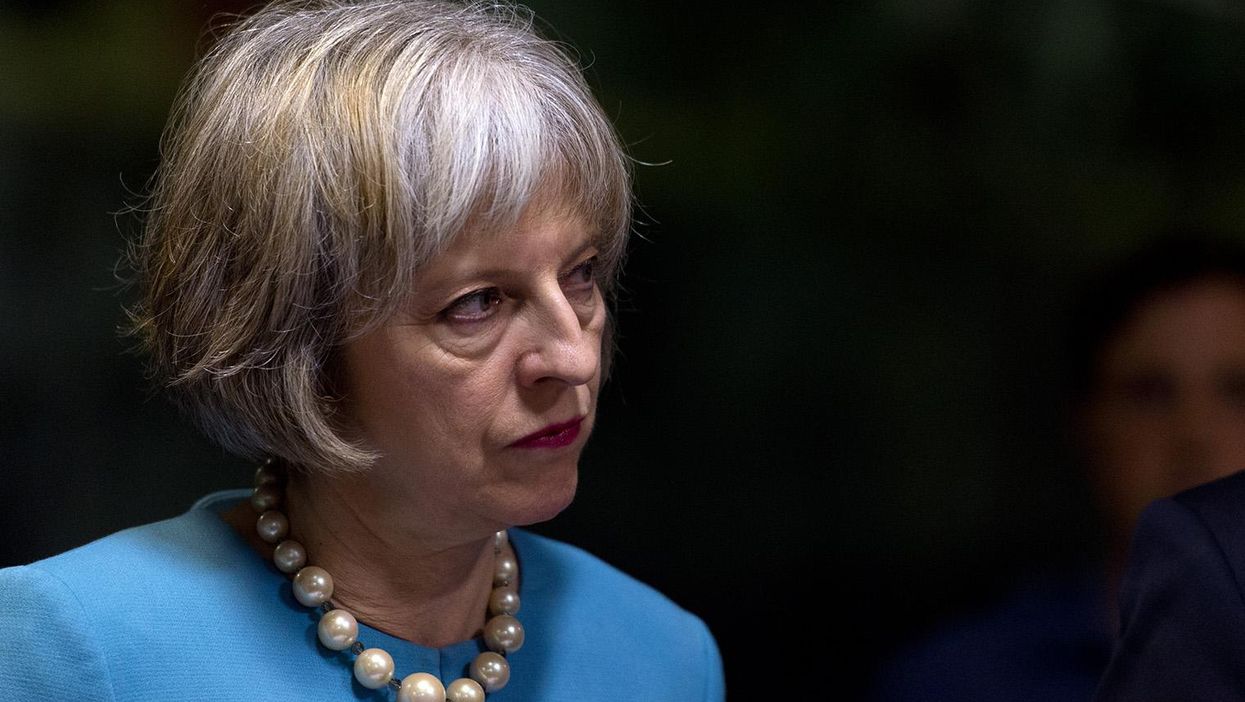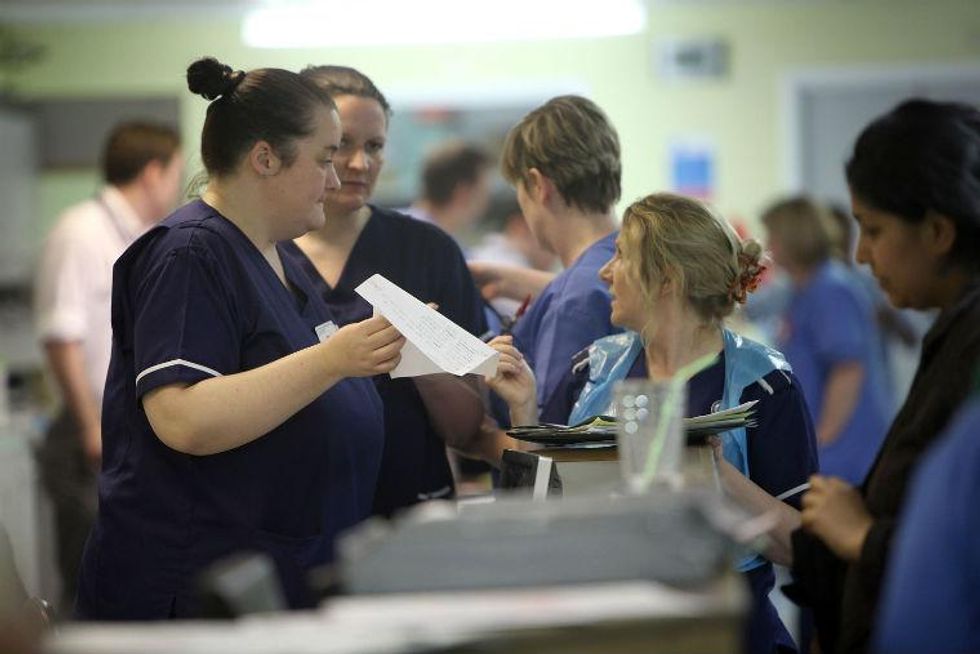News
Bethan McKernan
Jul 18, 2016

As we adjust to a new face at Number 10, the country is scrutinising every move Theresa May has ever made to find out more about what makes the new prime minister tick.
May quietly campaigned for Remain in the EU referendum. But critics are still accusing her of pacifying Ukip swing voters during her tenure as home secretary and stoking anti-immigrant sentiment long before a referendum was on the cards.
One of May's measures under particular scrutiny is the new policy designed to curb immigration which requires all non-EU workers to earn at least £35,000 a year in order to live in the UK.
Under the new rules, first announced in 2012, non-EU workers who have lived in the UK for longer than five years will have to prove they earn the minimum salary or face deportation.
When it was introduced in April May faced calls to rethink the "discriminatory" new measure.
Critics said the new rule will starve lesser-earning industries of talent, cause chaos in the NHS, and send skilled foreign students packing once they've finished their studies.
The pay threshold - which is well above the UK average salary of £26,500 - is the first time Britian has ever imposed economic requirements on the right to settle, which has previously been granted on grounds of family ties and the length of time a person has lived here.
People most at risk - which the Home Office itself has admitted will be adversely impacted - include:
Students
While PhDs and lecturers are exempt, students from outside the European Economic Area, who pay upwards of £30,000 a year to study at UK universities and often graduate as skilled STEM workers, will have to leave.
Start-up entrepreneurs
Liberal Democrat home affairs spokesperson and MP Alistair Carmichael told the Independent:
Discrimination based on income fails to take talent and new sectors like tech start-ups, whose staff might be paid less than £35,000, are essential to keeping the UK at the forefront of the global economy.
Charity sector workers
NGO work is not as well paid as the private sector - and the brightest and most qualified candidates for jobs in the voluntary sector may be at risk of deportation thanks to the new earnings threshold.
Teachers
Headteachers' union NAHT has also questioned the wisdom of deporting well-trained staff while the profession is undergoing a severe recruitment crisis.
Nurses
Nurses are currently exempt from the new rules, but could be at risk if taken off the Shortage Occupation List in future. The NHS has spent millions on recruiting non-EU nurses in recent years.
The change is supposed to cut the number of non-Europeans and their dependents settling in the country each year from 60,000 to 20,000.
A petition to get parliament to consider a debate on scrapping the earning threshold is currently gaining traction.
Joshua Harbord, who started the petition, told the Independent:
I want [the Home Office] and for the population in general to realise it's impossible to rationalise this insanity.
Ultimately, I just want my friends and the thousands of other people who face deportation to be allowed to remain in their homes and their jobs.
More: Theresa May told people that taking their metadata was fine, so someone has requested hers
More: Fact check: is Theresa May right that high immigration has zero economic benefit?
Top 100
The Conversation (0)


















